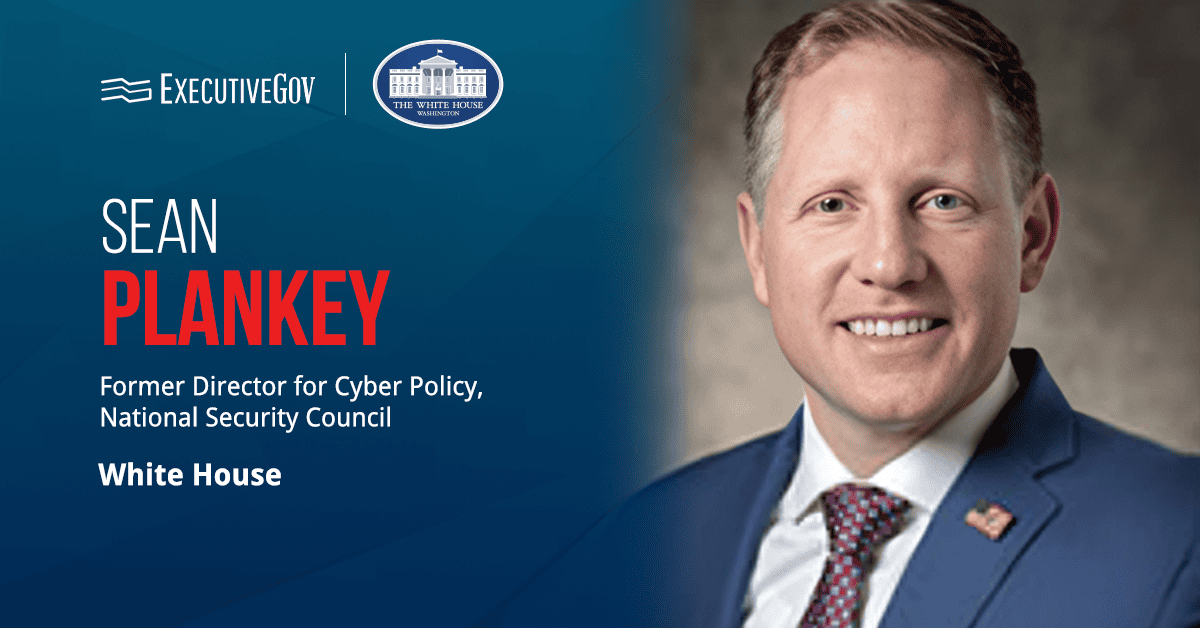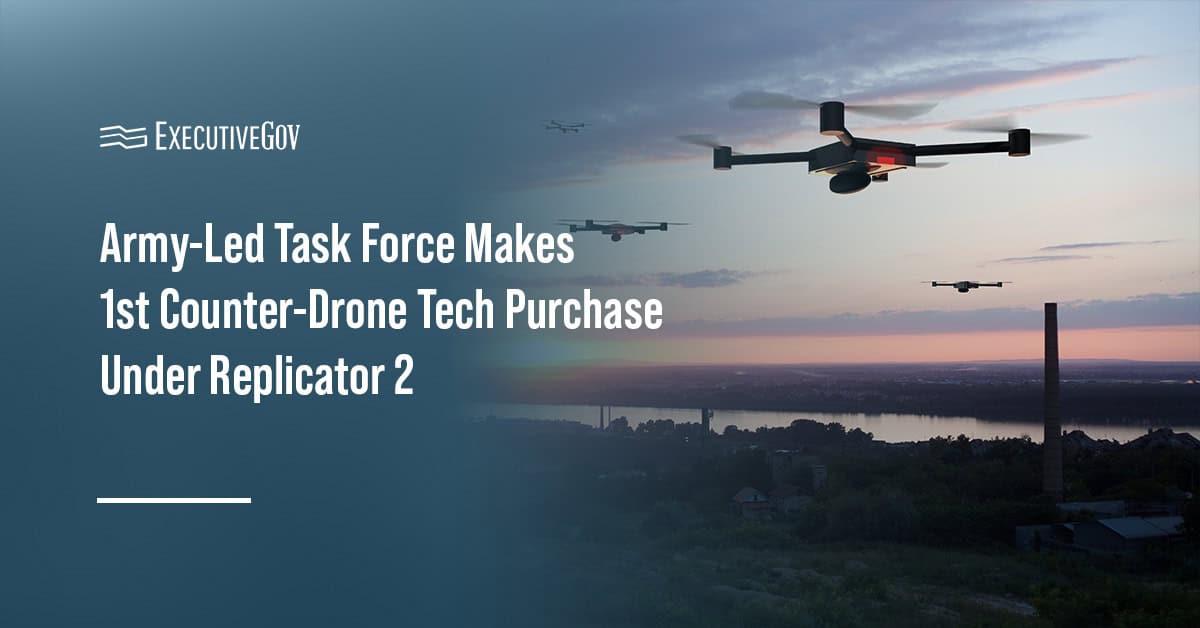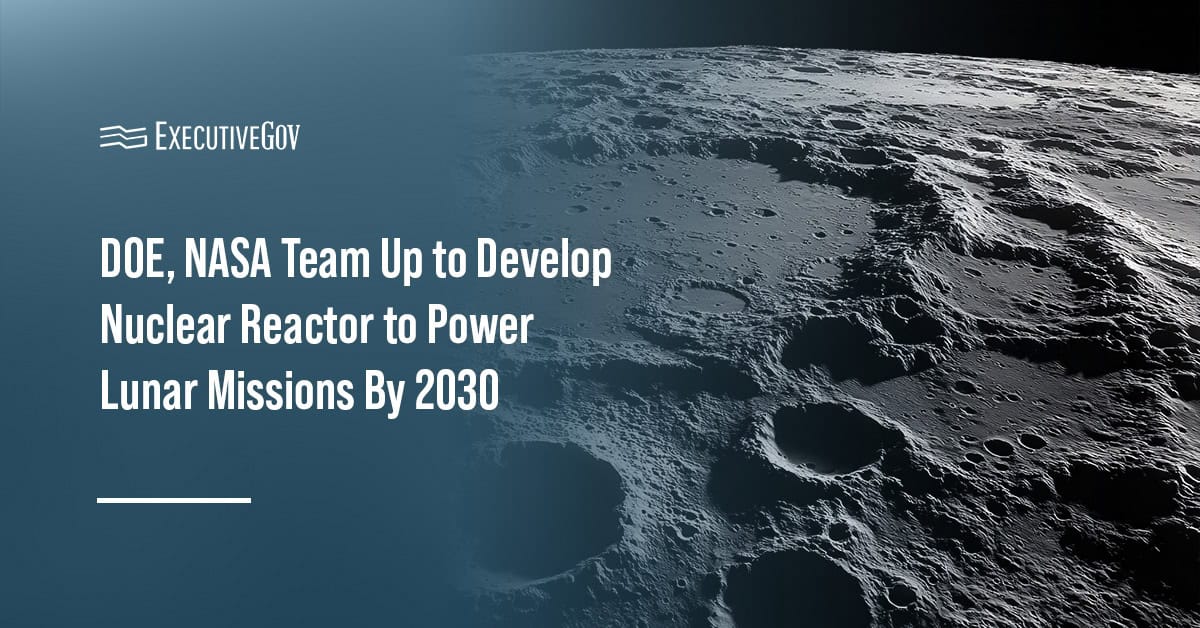Maj. Gen. David Miller, director of operations, training and force development at U.S. Space Command, said the military needs industry's help to attain new technologies that monitor the space activities of adversaries, Space News reported Wednesday.
Miller said at the Space Sector Market Conference in Massachusetts that Space Command currently relies on outdated ground system that were not designed based on modern needs.
The command now requires systems that allow forces to detect hostile actions in space and tell them apart from normal activities. The major general said he is giving the defense industry a two-year window to develop the needed technologies.





